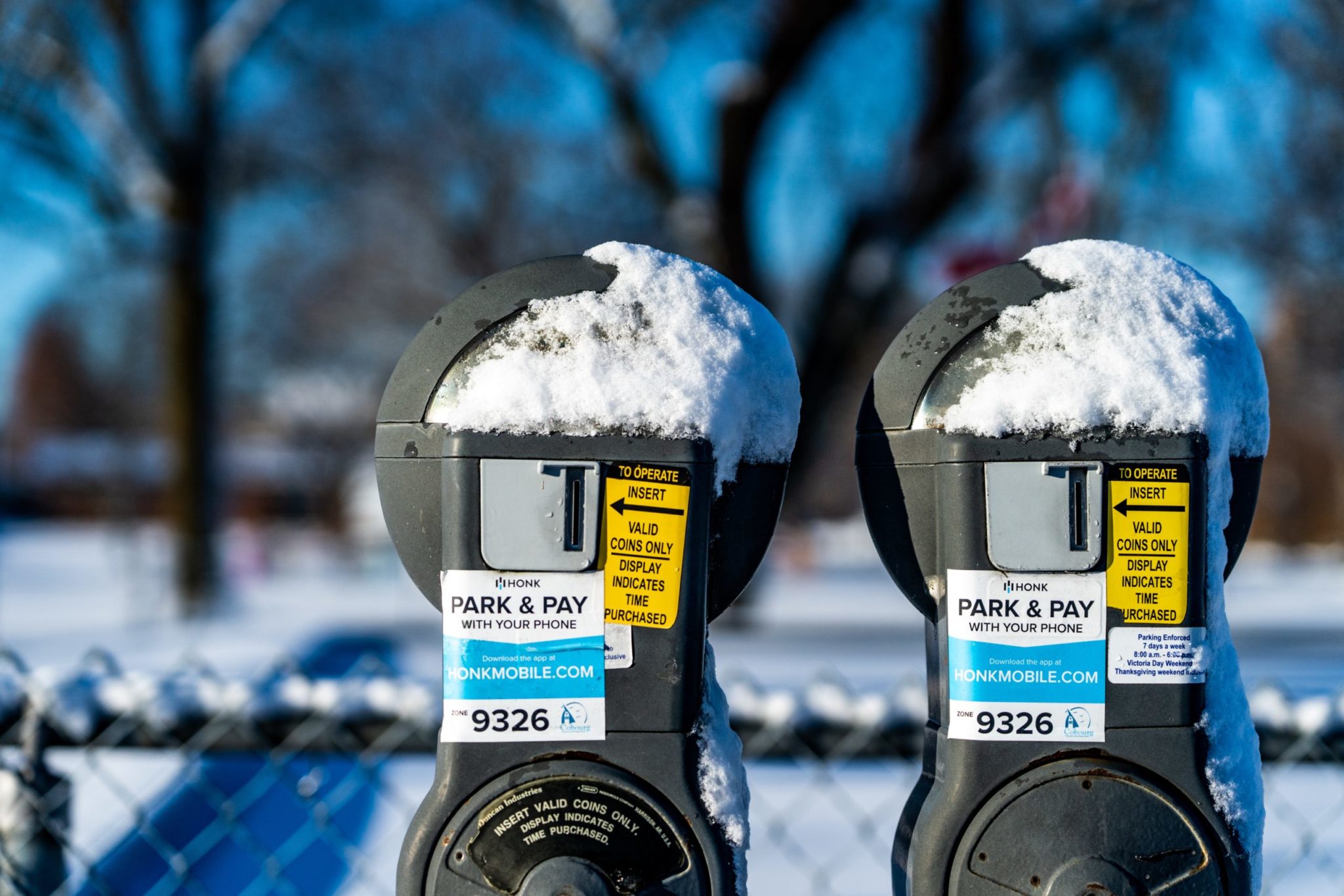
Unsplash
The Elm City is now projecting a $14.8 million dollar budget deficit for the 2021 fiscal year, up $3.4 million from the city’s original November deficit prediction of $11.4 million.
City Budget Director Michael Gormany shared the new predictions at a Monday evening Board of Alders Finance Committee meeting. The budget office first released these figures in a December monthly finance report, which it submitted to the Board of Alders on Jan. 28.
Driving the deficit increase, city officials have said, is a months-long fall in parking meter revenue and the increased costs of the New Haven Public School District’s partial return to in-person learning.
“Fewer people driving downtown, parking and using the businesses there means lower meter revenue,” Finance Committee Vice Chair and Ward 25 Alder Adam Marchand explained.
The city had expected a revenue of approximately $7.1 million from its parking meters in May 2020 when it published the 2020-2021 city budget. Now, recent projections suggest that these meters will only net the city some $3.5 million, a decrease of about 50 percent.
According to Gormany, this shortage is an expected byproduct of life during the pandemic. Fewer motorists parking downtown, where a large portion of the city’s meters are, means less funding for the city.
“When I was preparing this monthly [report], I was in a meeting and looking outside in front of City Hall,” he said. “I couldn’t remember a time when I saw so many parking meters open. That’s just the reality of what’s happening with COVID right now.”
Ward 10 Alder Anna Festa said the lack of parking meter revenue should not mean the city can not make up for the losses in other parts of the transportation sphere. She cited various other fines that could potentially rake in additional revenue.
“For street sweeping we ticket, for snow removal we’re supposed to ticket,” Festa said. “I know that our parking meters are down, but maybe we need to look at the street sweeping and snow removal fines a little more closely to try to make up for some of that lost revenue in parking revenue.”
Gormany noted that in addition to meter revenue, the city typically earns revenue from parking tickets. The drop in parking has also cut into these money streams as well. He added that special fines, like those mentioned by Festa, can help supplement city funds, though both he and Festa agreed that these fees, which are often collected after snowstorms, are an unreliable source of revenue.
For Festa, the current circumstances merit that the city vigilantly enforce parking violation infringements. This, she told the committee, also helps guarantee that city parking is more accessible to residents.
“It’s probably too soon to really understand what the exact revenue is, since we still have storms, and we’ve just had one,” she said. “But I just want to reiterate that enforcement is important. That’s the main complaint I get from residents — that people are not moving their cars, and we’re not ticketing those in violation. So we need to enforce a little more diligently.”
At the meeting, Marchand noted that parking wasn’t the only revenue source to be impacted by the pandemic. He expressed concern over building permits, and noted he thought the pandemic could potentially delay building projects. But Gormany said the city is on track to meet the planned revenue from building permits.
“Building permits are different,” said New Haven Director of Transportation, Traffic and Parking Douglas Hausladen. “Building permits are being supported by sustained construction. Construction, for the most part, was maintained through the pandemic. Parking is really dependent on what’s happening in the area around. What drives parking revenue is daytime visits to offices or to downtown uses. All of these buildings are closed.”
New expenditures have increased the city’s deficit estimates. This, Gormany told the Board, is largely due to the decision by New Haven Public Schools to partially reopen on Jan. 19.
The previous month’s budget report had calculated a $2.7 million surplus for the New Haven Board of Education. That was a calculation based on NHPS students not returning to school. The Board of Education’s budget now shows a $744,000 surplus, a drop of 72 percent. Gormany said his office predicted this change would occur eventually as district employee payroll was bound to increase as soon as in-person instruction resumed.
“The decrease in surplus was the return to work,” he said. “As I mentioned in previous meetings, that surplus number was going to depend on when we reopened schools and how many schools were going to reopen. That number would eventually decrease.”
The Board of Alders Finance Committee next meets March 8.
Owen Tucker-Smith | owen.tucker-smith@yale.edu







